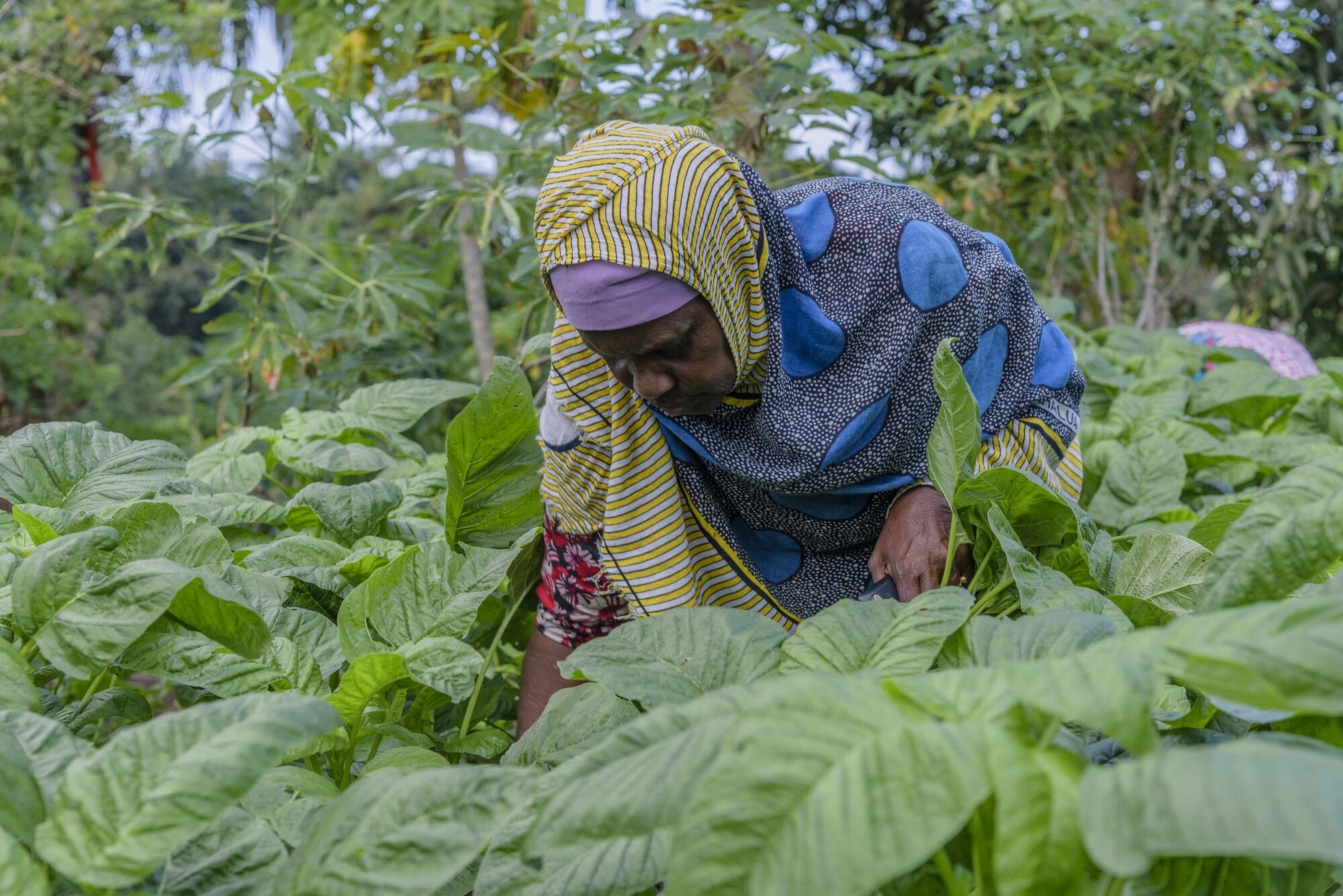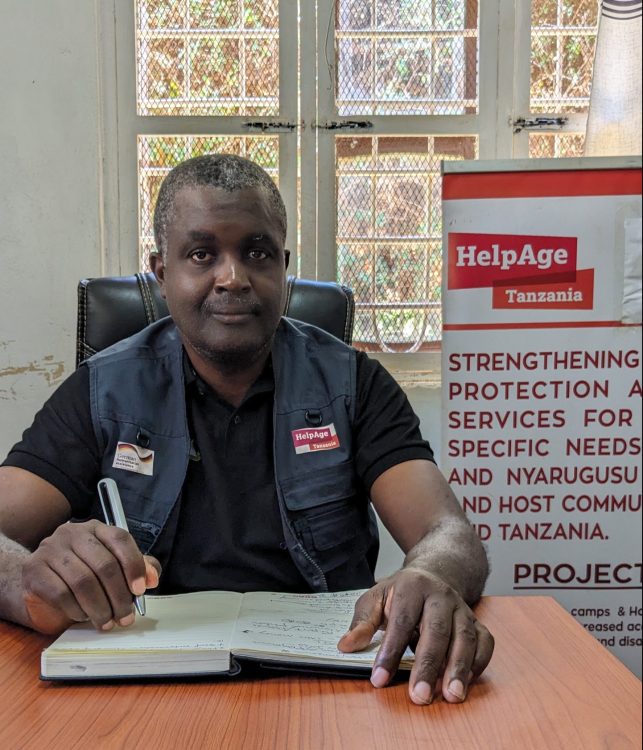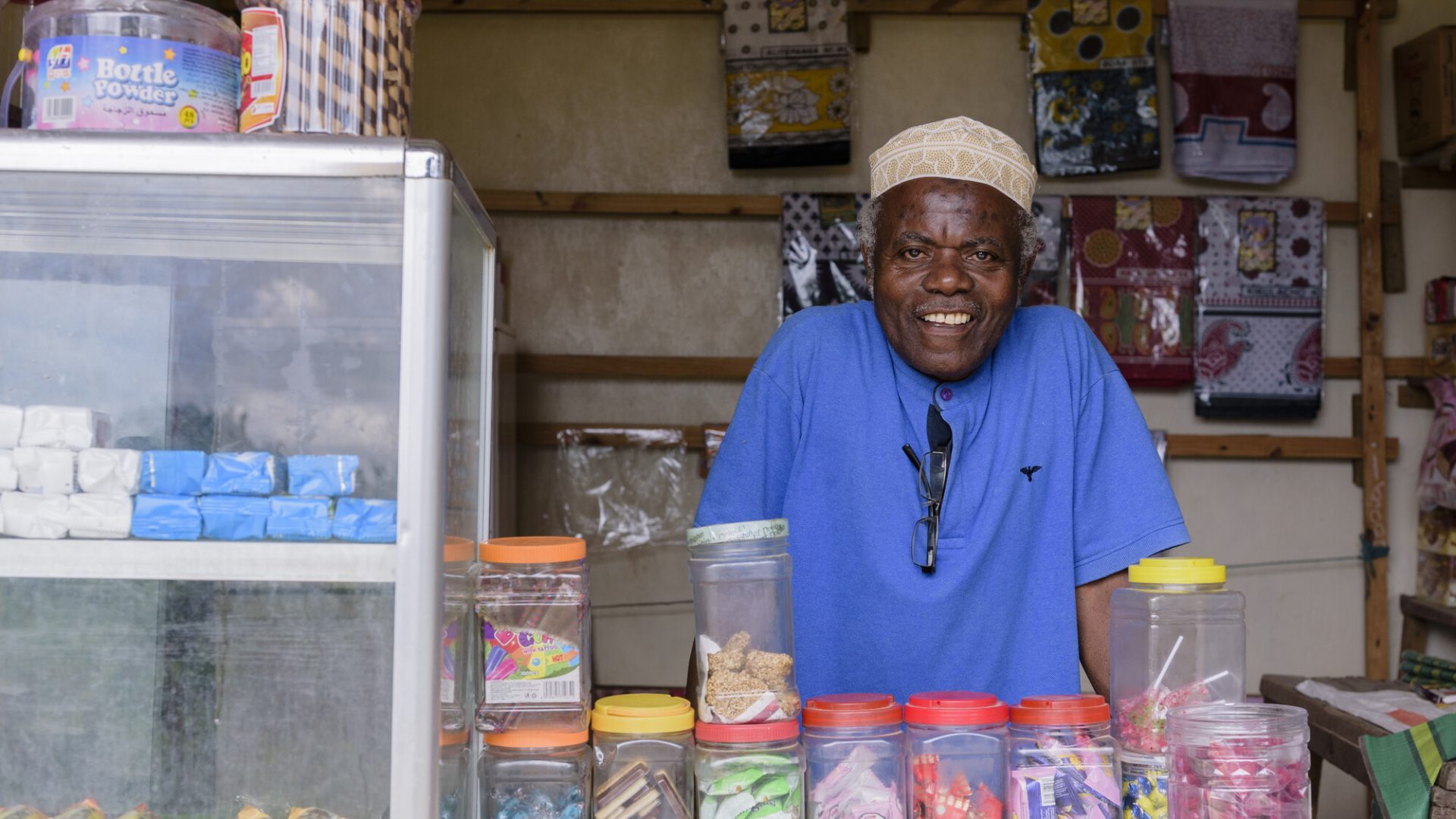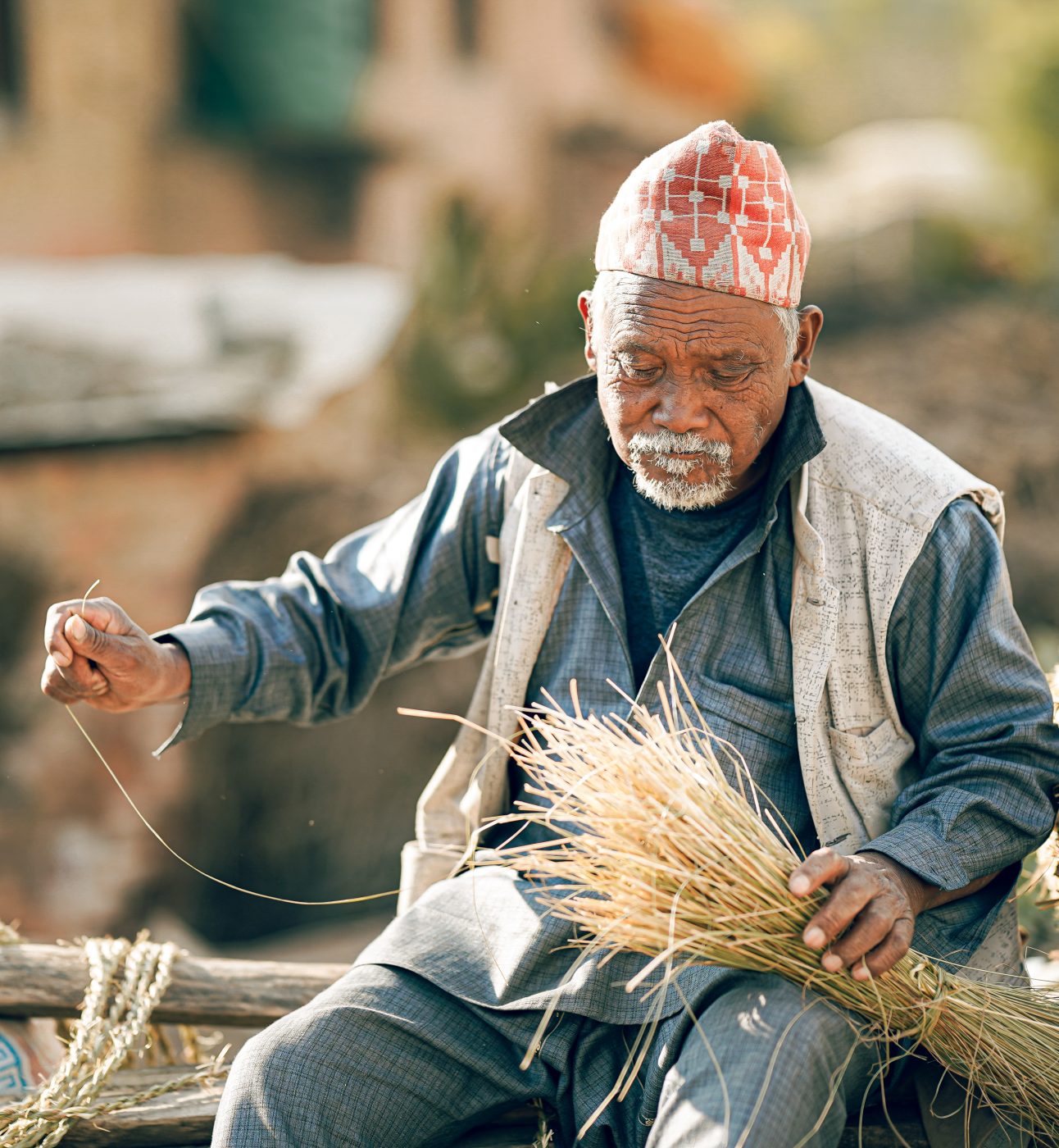Supporting staff
One prevalent misconception we encountered was the fear among staff that localisation would lead to a reduction in organisational benefits and salaries. Addressing these concerns was paramount to fostering trust and stability within our team. We took proactive measures to debunk these misconceptions, emphasising our commitment to valuing and retaining skilled staff by maintaining competitive compensation packages. We engaged in ongoing discussions with our staff, which bolstered their confidence, and ensured that their benefits remained intact within our planning and policy frameworks.
Despite these challenges, HelpAge Tanzania retained a significant portion of experienced staff members, ensuring continuity and expertise during this transitional phase. This has bolstered our organisational capacity and provides a strong foundation for our ongoing operations. Moving forward, we remain dedicated to navigating the complexities of localisation while upholding our commitment to our staff’s well-being and organisational excellence.
Lessons learned
Anyone leading a localisation process must recognise the pivotal role of the local team, who possesses an intimate understanding of the contextual nuances. It’s imperative to empower and prioritise the national team, valuing their insights and expertise.
It is also essential to acknowledge and adapt to the unique contextual differences between countries, understanding that what works in one nation may not necessarily be feasible in another. Decision-making must be decentralised, with the country team empowered to determine which initiatives are viable for implementation in their specific context.
Close collaboration with relevant authorities is vital, leveraging their guidance and expertise at every stage of the transition process. It’s crucial to align ambitions with practical realities within the country’s systems, ensuring compliance and avoiding potential complications with the government. This necessitates a bold approach from the country team, willing to push back against ideas that are incompatible with the national context.
Collaboration with partners and HelpAge global network members
As part of the localisation process, it has been important to maintain our positive relationships with the three members of the HelpAge global network in Tanzania – REDESO, SAWAKA, and the Tanzania Mission to the Poor and Disabled. They have been integral participants throughout the transition.
We engaged in preliminary consultations with each of them, valuing their input and incorporating their ideas and advice into the process. Currently, we are actively involved in implementing projects alongside them. We are also in the process of proposing collaborative projects, contingent upon securing funding.
One achievement we are particularly proud of in Tanzania is the establishment of Older People Forums which span from grassroots to national levels. As a local office, we remain dedicated to this cause and will continuing to work with them to deliver capacity building. Our programme team is also actively engaging various older people leaders and implementing partners to strategise how we can grow our collaboration.

Pili Hamis in Zanzibar received training from a partner to start a small agricultural business cultivating and selling vegetables.
New opportunities
One shift that we have been able to make as we gain our independence, is that we have been able to intensify our efforts in disability advocacy, fostering deeper engagement with local disability organisations in Tanzania. One such example is our ongoing efforts to establish collaborations with Disability Relief Services. We are also actively reaching out to local and international organisations, including newer entrants, to explore potential partnerships.
Long-term goals and aspirations
The overarching objective for HelpAge Tanzania is to enhance the quality of life and promote the well-being of both older people and people with disabilities across Tanzania. We aim to significantly increase our work with people with disabilities, and prioritise their needs and rights, recognising their legal entitlements and advocating for their inclusion and empowerment within our programmes and initiatives.
This transition underscores our commitment to local empowerment but also enhances our effectiveness and efficiency in serving the needs of older people and people with disabilities in Tanzania. Our empowerment lies in owning our decision-making process locally, aligning every step with our aspirations. This shift in power is not just empowering; it’s a significant step towards our long-term goals.




